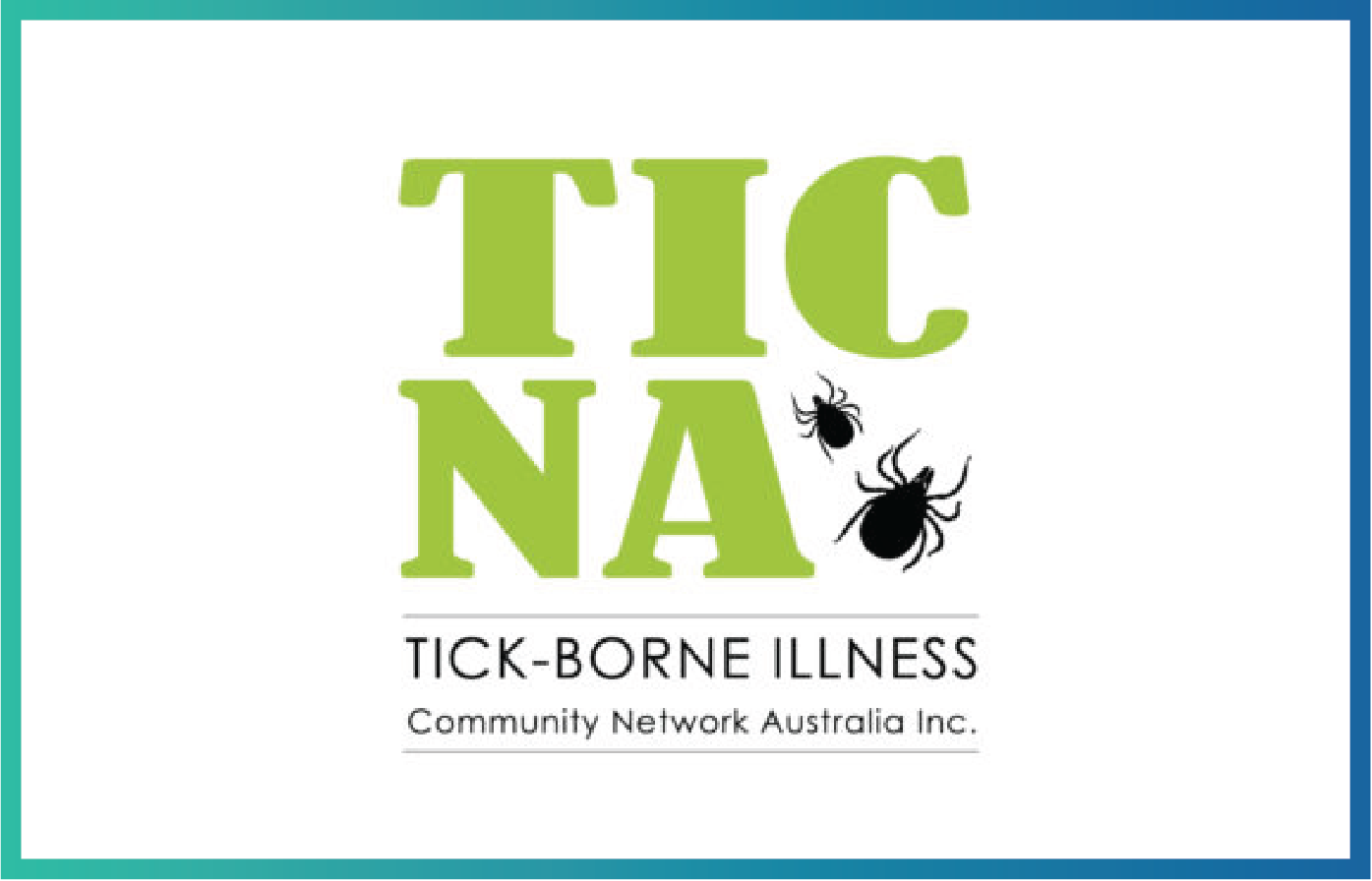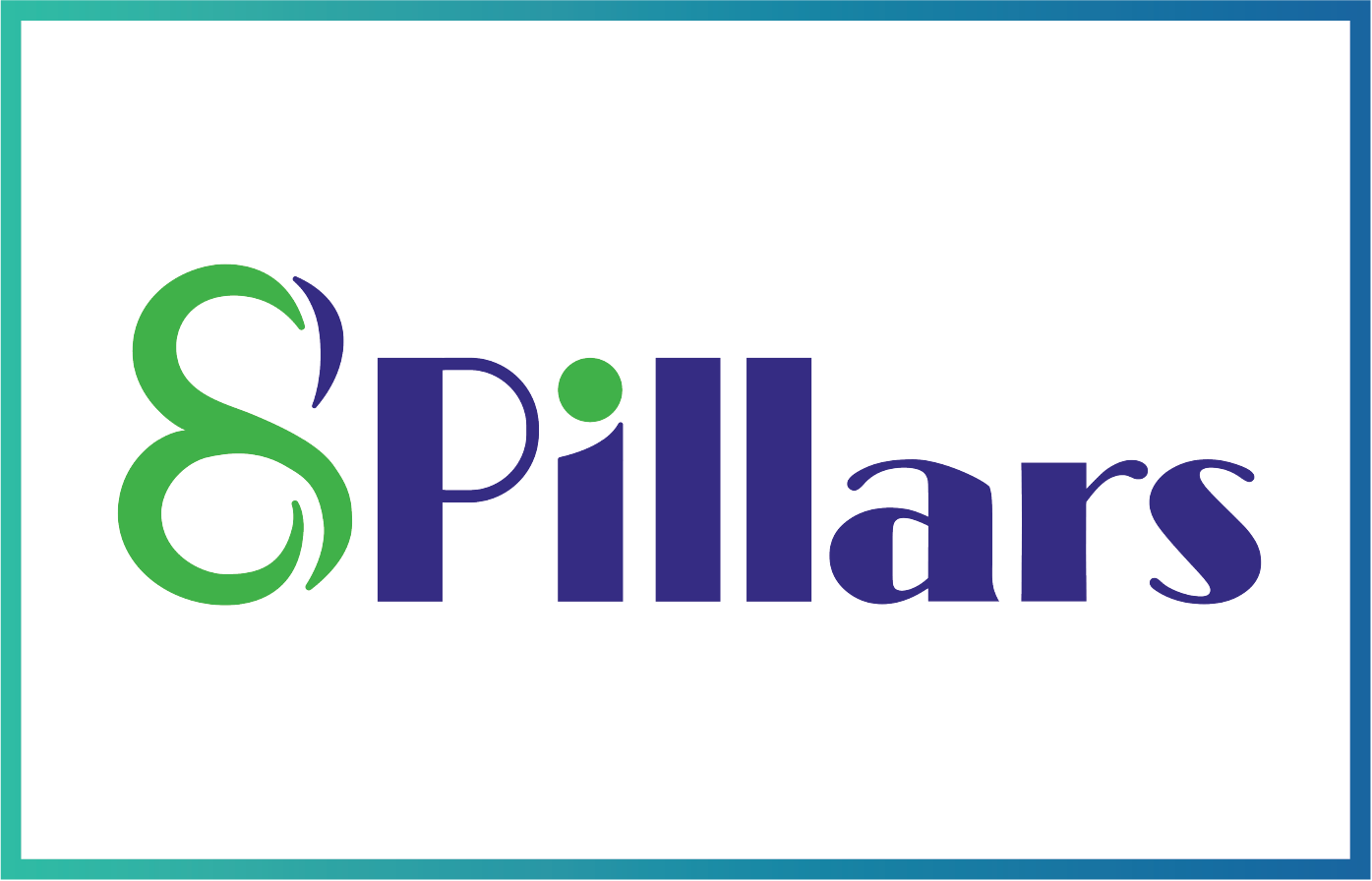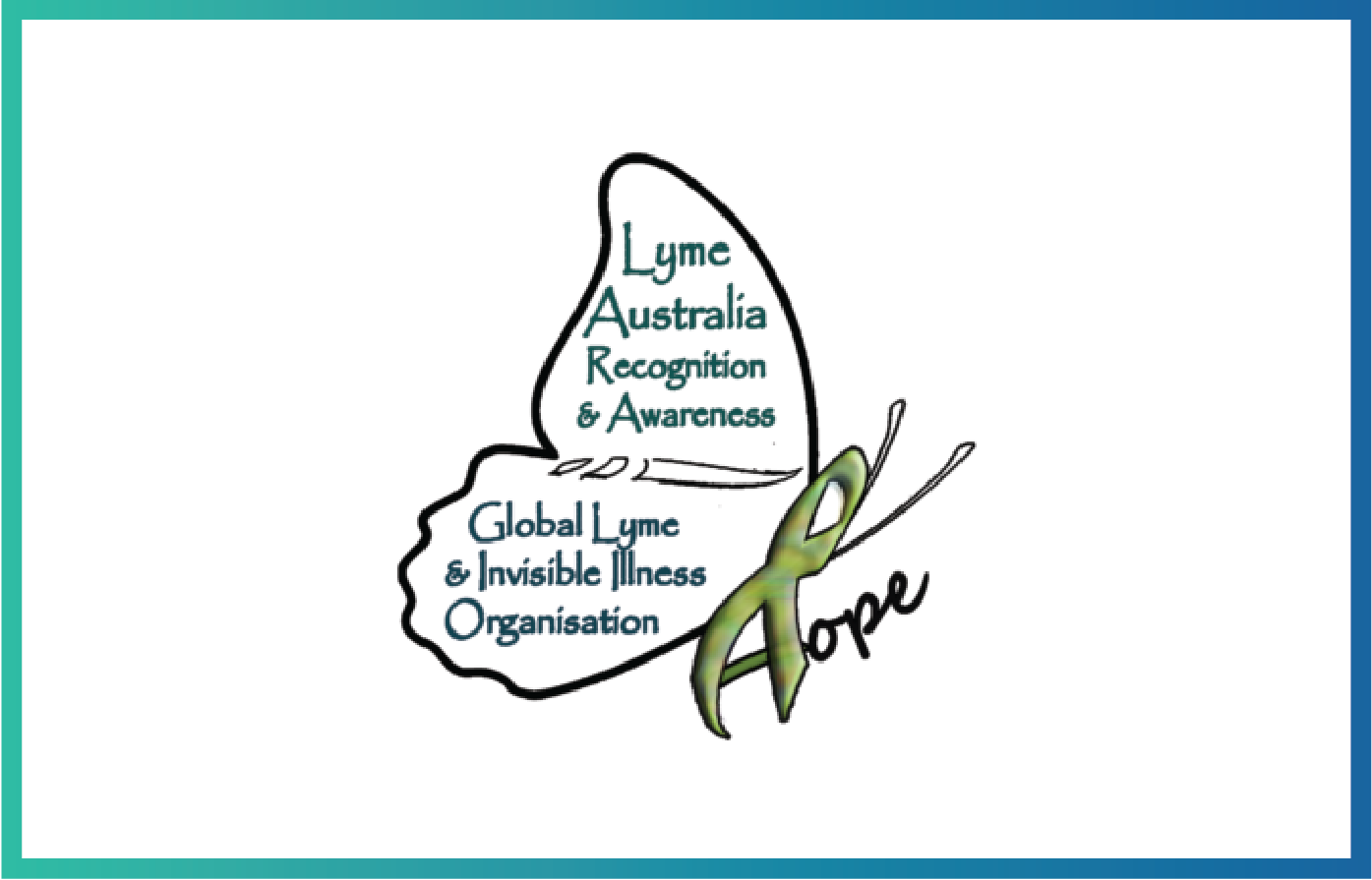Each patient cohort designed by a disease working group is unique and specific to the disease it represents
Each patient cohort designed by a disease working group is unique and specific to the disease it represents.
Before each patient cohort begins, a disease working group is established where patients, clinicians and scientists share insights and knowledge and co-design their patient cohort and protocols, submit to ethics approval. The process includes inviting subject matter experts and patients to contribute to the model and protocol design and raising funds.
The PANDIS research model is adaptive – each patient participating in one of our patient cohorts is viewed through the scientific lens of ’cause, correlation and clusters’ with findings informing the next patient cohort, until such time as a critical mass understanding is acquired on how to prevent, diagnose and treat each disease.
PANDIS investigates a patient’s ‘environment of exposure’ and their symptoms of chronic disease, along with powerful screening technologies to guide diagnostics and treatment protocols for biomarker development and in clinical application.
Every patient cohort informs the next to develop robust, meaningful data that informs policy and changes outcomes for patients.
PANDIS has also developed data apps to map microbial clusters in natural and built environments and where relevant, will correlate this data with patient cohort findings.
PANDIS works collaboratively with patients, clinicians and a team of cross and multi-disciplinary researchers across any disease group. Our focus areas are to find causation and correlating factors in chronic disease:
Meta and lipomics technologies screen patients for microbes that are under or over expressed, providing a pathobiome report across the patient cohort.
Samples are stored in a state-of-the-art biobank and biostatistics correlate data findings to inform research and develop a personalised clinical application.
Biomarker discovery and development.
Treatment matches for causative agents and correlating factors in patients.
If you would like to learn more, establish a patient working group or fund a patient cohort please email cohorts@pandis.org










If you are a patient or want to support a patient, to help achieve our mission please email patientworkinggroups@pandis.org